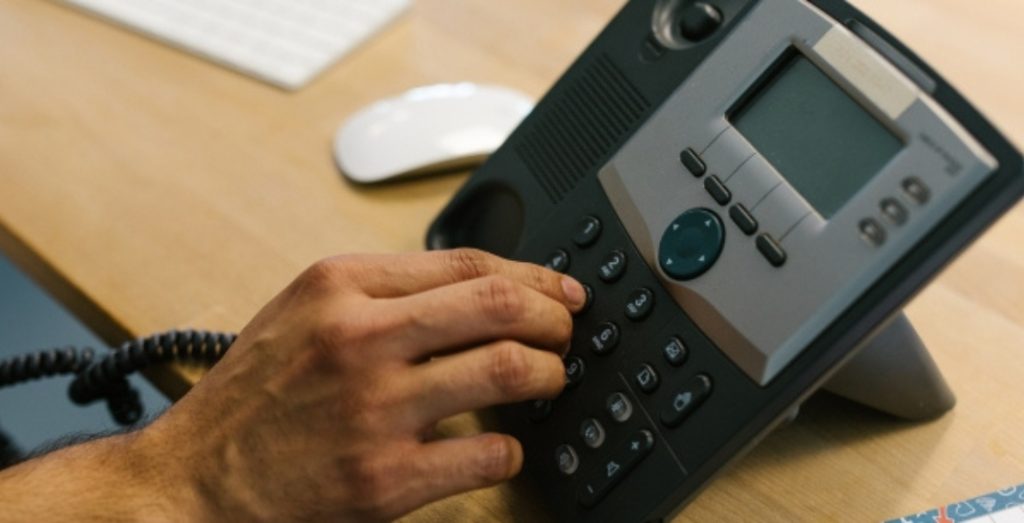Medicare scams are on the rise in 2025, and Florida is one of the top states targeted because of its large senior population.
Fraudsters are calling, emailing, and even sending mail to trick retirees into sharing personal details or enrolling in fake health plans.
These scams not only put Medicare benefits at risk but can also lead to identity theft and financial loss.
That is why many seniors turn to the best Medicare agent in Florida for trusted guidance.
By recognizing how scammers operate and staying alert, Florida residents and their caregivers can avoid falling victim to schemes that continue to spread across the state.
Common Types of Medicare Scams in 2025
One of the most widespread scams involves phone calls from fake Medicare representatives.
Seniors are told their benefits are at risk unless they confirm their Medicare number, but Medicare will never ask for sensitive information over the phone.
If you are uncertain, resources on finding the best local Medicare provider can help you identify legitimate contacts.
Another common tactic is the promise of free medical equipment, such as braces or wheelchairs.
These offers are usually bait to steal your information and bill Medicare for services never provided.
Real benefits are available only through approved providers and supplemental Medicare plans in Florida, not unsolicited offers.
Phishing emails and text messages are also on the rise. Criminals design fake notices that look like they are from Medicare and urge you to click links to “update your account.”
Doing so can expose your medical and financial data. Staying aware of hidden Medicare costs you might overlook makes it easier to recognize suspicious communication.
Scammers also take advantage of open enrollment with fake health plan promotions. They pressure seniors to make quick decisions about Medicare Advantage or Supplement plans.
Reviewing the pros and cons of Florida Medicare Supplement plans helps distinguish between genuine and bogus offers. Finally, identity theft through medical providers is another scheme.
Criminals pose as clinics or doctors’ offices, collect Medicare numbers, and bill for services never rendered. Knowing what Medicare does not cover can help seniors identify fraudulent claims.
Red Flags to Watch Out For
Recognizing red flags early is one of the most effective ways to stop scams. Florida seniors should pay close attention to these warning signs:
- Unsolicited phone calls – Medicare does not call randomly asking for your Medicare number or banking details.
- High-pressure tactics – Phrases like “act now” or “last chance” are used to rush you into bad decisions.
- Too-good-to-be-true offers – Free equipment, rebate checks, or gifts in exchange for information are almost always fake.
- Unusual payment requests – Demands for gift cards, wire transfers, or cryptocurrency are a clear indicator of fraud.
To stay safe, it helps to review informed choices for Florida’s Medicare beneficiaries. Knowing what legitimate communications look like makes it easier to spot scams before they cause harm.

How to Protect Yourself from Medicare Scams
Seniors can stop many scams before they start by being proactive. Always verify calls, emails, or letters with Medicare directly at 1-800-MEDICARE before sharing details, since caller ID and email addresses can be faked.
Your Medicare ID should be treated like a credit card and only shared with trusted doctors, pharmacists, or licensed agents.
Whenever possible, use official websites such as Medicare.gov or the Social Security site to review or update benefits.
Florida residents can also work with a licensed Medicare insurance broker who can confirm plan legitimacy and provide professional guidance.
For added protection, the Senior Medicare Patrol (SMP) in Florida offers free support to identify and report scams across the state.
What to Do if You Suspect Fraud
Quick action can prevent further loss and restore your peace of mind. If you suspect a Medicare scam in Florida, take these steps immediately:
- Report to Medicare – Call 1-800-MEDICARE (1-800-633-4227) to flag suspicious charges or phone calls.
- File with the FTC – Submit a complaint at ReportFraud.ftc.gov to help investigators track and shut down scammers.
- Contact Florida’s Senior Medicare Patrol (SMP) – This free local program assists seniors in resolving issues, verifying claims, and protecting benefits statewide.
- Check your coverage status – If you were tricked into switching or losing coverage, you may be able to fix it. Learn whether reinstating a Part D plan is possible so you can get your benefits back on track.
Need Medicare Advice? We Can Help!
Get the expert support that you need!
Get the expert support that you need!
What This Means For You
Medicare scams are becoming more sophisticated in 2025, and Florida remains a top target because of its large senior population.
The good news is that most fraud can be avoided by watching for warning signs, verifying all plan details, and reporting suspicious activity.
For trustworthy support, Florida residents can turn to the Medicare Information Project or contact the Senior Medicare Patrol for free, local assistance.
With the right knowledge and resources, seniors and caregivers can protect Medicare benefits and stay ahead of scammers.

